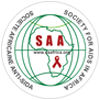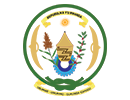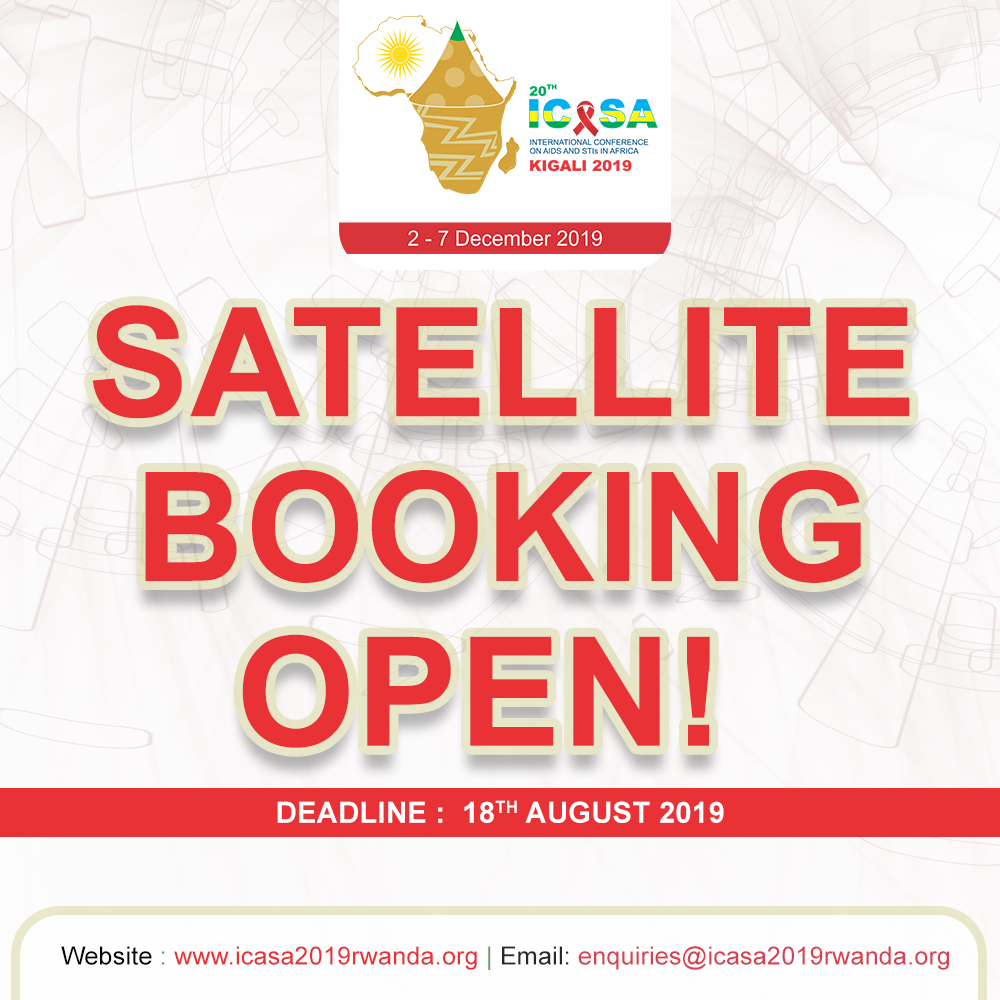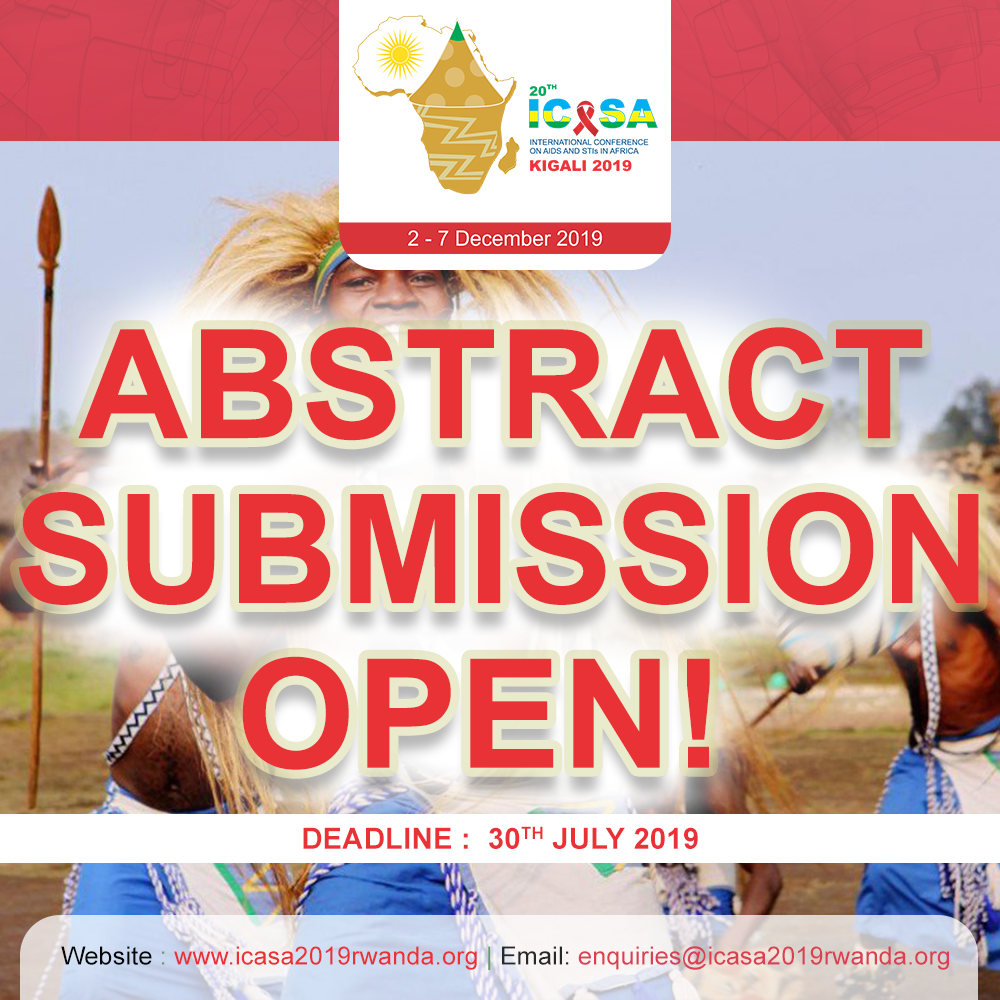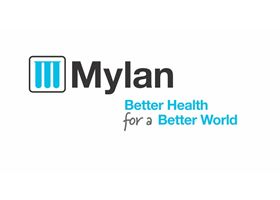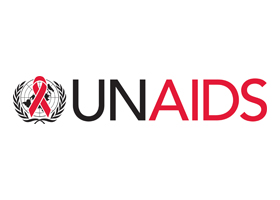Time: 16:45 – 18:15
Venue: MH1
Reporters: Derrick Shema, Raissa Umubyeyi, and Giselle Mahoro
Overview of universal health coverage: The session started with a talk that gave the overview on Universal Health Coverage: a central, but complex aspiration. The triple expectations of UHC is that more essential services are provided, everyone is utilizing services equitably and there is minimized catastrophic expenditures. The universal health coverage requires that countries develop service packages that go beyond basic services. It requires that strategic and innovate approaches are used to to identify and target persons left behind beyond coverage and financial risk protection. Universal Health Coverage campaigns requires more beyond ‘more funding’. The expectations are to achieve progressive health realization in line with the National Health Strategies plans, expanded data needs and analytics and knowledge translation.
Malawi Rwanda and Mozambique are the three countries among middle income countries, making impressive progress when the country response is accessed using the UHC service coverage index, and financial risk protection assessment as reflected on the census data chart. LMICs have underperformed and are on catastrophic spending on health, while LICs have underperformed on service coverage.
Also, with the aid of a data chart, an overview of the factors that impacts on the UHC status for different countries in Africa where shown. In high-income and upper-middle-income countries, infectious diseases are the main cause of bottlenecks to universal health coverage. In low-middle-income countries and low-income countries, the main cause of bottlenecks to universal health coverage was service capacity and service access. Health worker density is a main challenge with ensuring appropriate service capacity for provision of care. This has major implications for accelerating the HIV, TB and Malaria response.
The Need for a differentiated approach for each country: An assessment of the universal health coverage index indicates that in low income countries, the need is to focus on service capacity and infectious disease interventions in upper middle income countries. To accelerate HIV, TB, malaria response, the human resource crisis in the region is crucial to making further progress.
The challenges and constraints faced by the healthcare system in different countries differ. Lack of community engagement and empowerment, insufficient and misaligned financing, sub-optimal health workforce, service fragmentation, inappropriate service delivery model, and limited inter-sectoral action are a few of the challenges faced. Other emerging health demands include unhealthy behaviours and lifestyle choices, double-burden of diseases and multi-morbidity, greater citizens’ expectations, increased need to self-manage care, and the need for cost efficiency and accountability.
Integrated people-centered health service delivery that are managed and delivered so that people receive a continuum of health promotion, disease prevention, diagnosis, treatment, disease-management, rehabilitation and palliative care services, coordinated across the different levels and sites of care within and beyond the health sector, and according to their needs throughout the life course, will fast-track efforts to achieve universal health coverage. Healthcare delivery that is people-centered is an approach to care that consciously adopts individuals’, cares’, families’ and communities’ perspectives as participants in, and beneficiaries of, trusted health systems that are organized around the comprehensive needs of people rather than individual diseases. More importantly, People-centered care is broader than patient and person-centered care. It encompasses not only clinical encounters, but also include attention to the health of people in their communities and their crucial role in shaping health policy and health services.
The next steps defined include the need for countries to identify and sensitize national champions/ key stakeholders on conducting critical analysis to facilitate universal health coverage, organize country-level workshop for shared understanding of integrated people centred health service, refine and adapt country roadmaps and develop mechanisms and capacities for coordinated and result driven governance and programmatic interventions. Among these next steps WHO partners are also supposed to align and support integrated people centred health service delivery through multi-agency global initiatives such as the Global Action Plan on Sustainable Development Goal 3, Primary Health Care Implementation Efforts, and others. Also, to establish virtual communication for ongoing exchange on implementation, advocate at large scale and provide technical assistant for capacity building and strengthening policy and programming.


